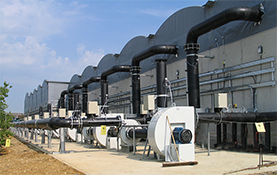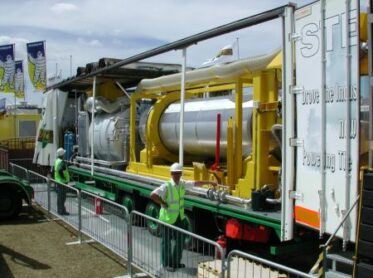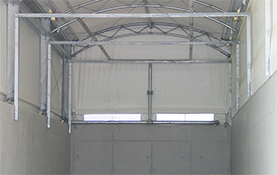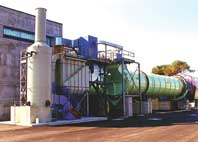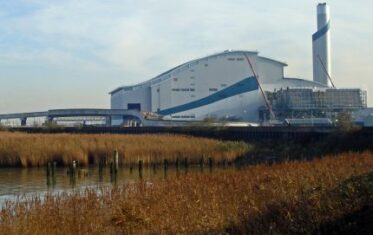Large In-vessel Composting Systems: What are They and How Do They Work?
Progressive cities and many urban centers around the world are now installing large-scale in-vessel composting systems as part of their total MSW management. Large scale in-vessel composting, which makes high quality compost through the use of enclosed “reactors” that closely monitor temperature and oxygen levels throughout the biodegradation of organic materials, is popular. In-vessel composting […]
Autoclave Technology for Municipal Solid Waste Management
Autoclaving is defined as a form of Mechanical Heat Treatment (MHT) which takes place as a batch process and comprises steam processing of residual MSW, in a vessel under the action of pressure. This is contrasted with other MHT waste treatment technologies which are continuous and don’t involve pressurization. Autoclaves have for long been used […]
Advantages and Disadvantages of In-vessel Composting Food Waste
The in-vessel composting of food waste is being carried out increasingly, particularly in the United Kingdom, with the prime purpose being to divert this waste from landfill. The purpose of diversion in order to comply with the EU requirements for the reduction of organic materials being placed in landfills. In this discussion, the advantages of […]
The Dano Drum
“The Dano Drum provides waste volume reduction and segregation in one simple rotating drum system.” The Keppel Seghers DANO® DRUM has been around for more than 20 years. There are many examples, and it is a technology for which there is good performance data. The main component is a large slightly sloping, horizontally mounted, rotating […]
Recycling Facts: The BIG List!
Waste Incineration Plants (also known as WtE facilities) should not be installed as a replacement for material recycling. WtE is designed to complement recycling programs because not all waste is feasible to recycle. Incineration is an engineering process that uses thermal decomposition in a highly oxidative environment to decompose organic molecules into simple compounds, predominantly […]
Waste Incineration Plants: Background to Their Use
Waste Incineration Plants (also known as WtE facilities) should not be seen as a replacement for material recycling. WtE is designed to complement recycling programs because not all waste is feasible to recycle. Incineration is an engineering process that uses thermal decomposition in a highly oxidative environment to decompose organic molecules into simple compounds, predominantly […]
